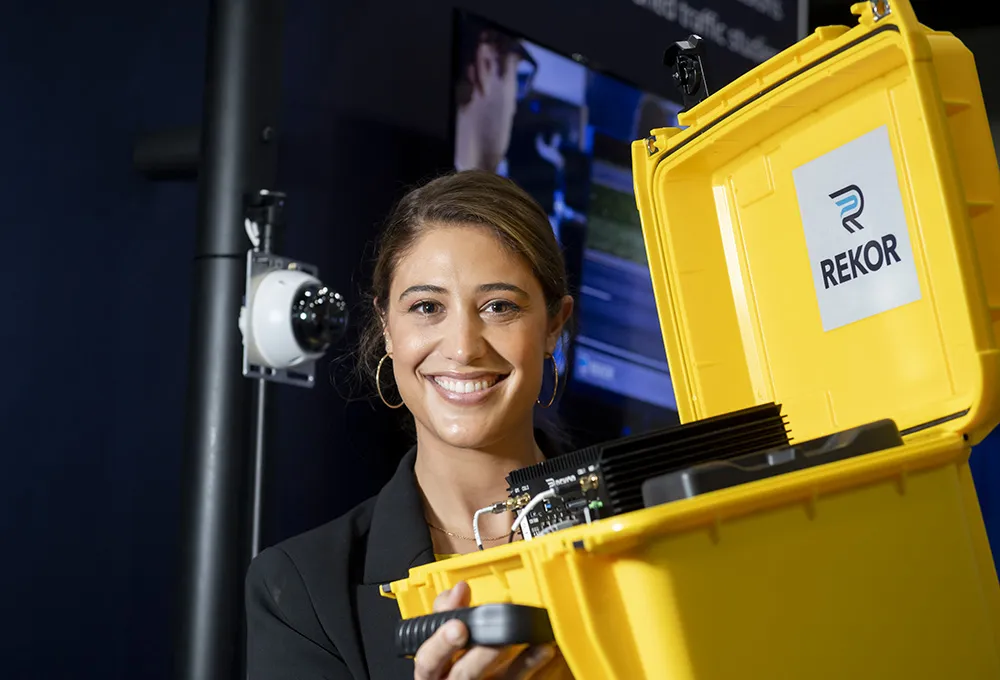Taiwan-based Gogoro Network has unveiled a battery-swapping station which it says retains more than 200kWh of energy and supports 1,000 electric scooters per location.
The company is utilising artificial intelligence (AI) and advanced algorithms to help ensure batteries are always available for riders in the cities of Taipei, New Taipei, Taichung, Taoyuan, Kaoshung and Tainan.
Gogoro founder Horace Luke says: “Gogoro Network is utilising its real-time AI for cloud data analysis to roll out a variety of enhancements including our new Flex Plan that provides smart pricing, so customers have direct control to pay for just the battery energy they consume.”
Expected to launch officially next year, Flex Plan - a pricing programme based on amp-hour (Ah) usage versus distance ridden - allows subscribers to earn a discount of 20% by swapping batteries at off-peak times or less busy locations.
It is currently available as an open beta to all Gogoro Network subscribers for TWD$299 (£7) per month. Subscribers will be charged TWN$2.30 (5p) per Ah used and receive unlimited battery swaps and access to dynamic discounts via the Gogoro App and Gogoro Network App.
Gogoro is also introducing a new GoStation 3 design which it claims provides up to 50% more batteries than previous versions. This increase allows GoStation 3 to power itself and continue the battery-swapping service for up to 46 hours when required by power interruptions, the company adds.
Additionally, the company is deploying a new range of smart batteries that it expects to provide 27% more range.
Gogoro unveils Taiwan e-scooter battery-swap station
Taiwan-based Gogoro Network has unveiled a battery-swapping station which it says retains more than 200kWh of energy and supports 1,000 electric scooters per location.
The company is utilising artificial intelligence (AI) and advanced algorithms to help ensure batteries are always available for riders in the cities of Taipei, New Taipei, Taichung, Taoyuan, Kaoshung and Tainan.
Gogoro founder Horace Luke says: “Gogoro Network is utilising its real-time AI for cloud data analysis to roll out a variety of e
October 3, 2019
Read time: 2 mins







